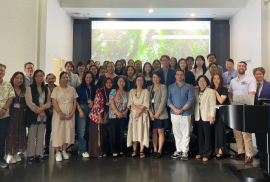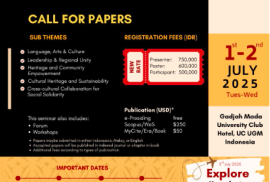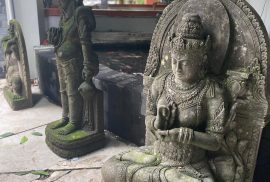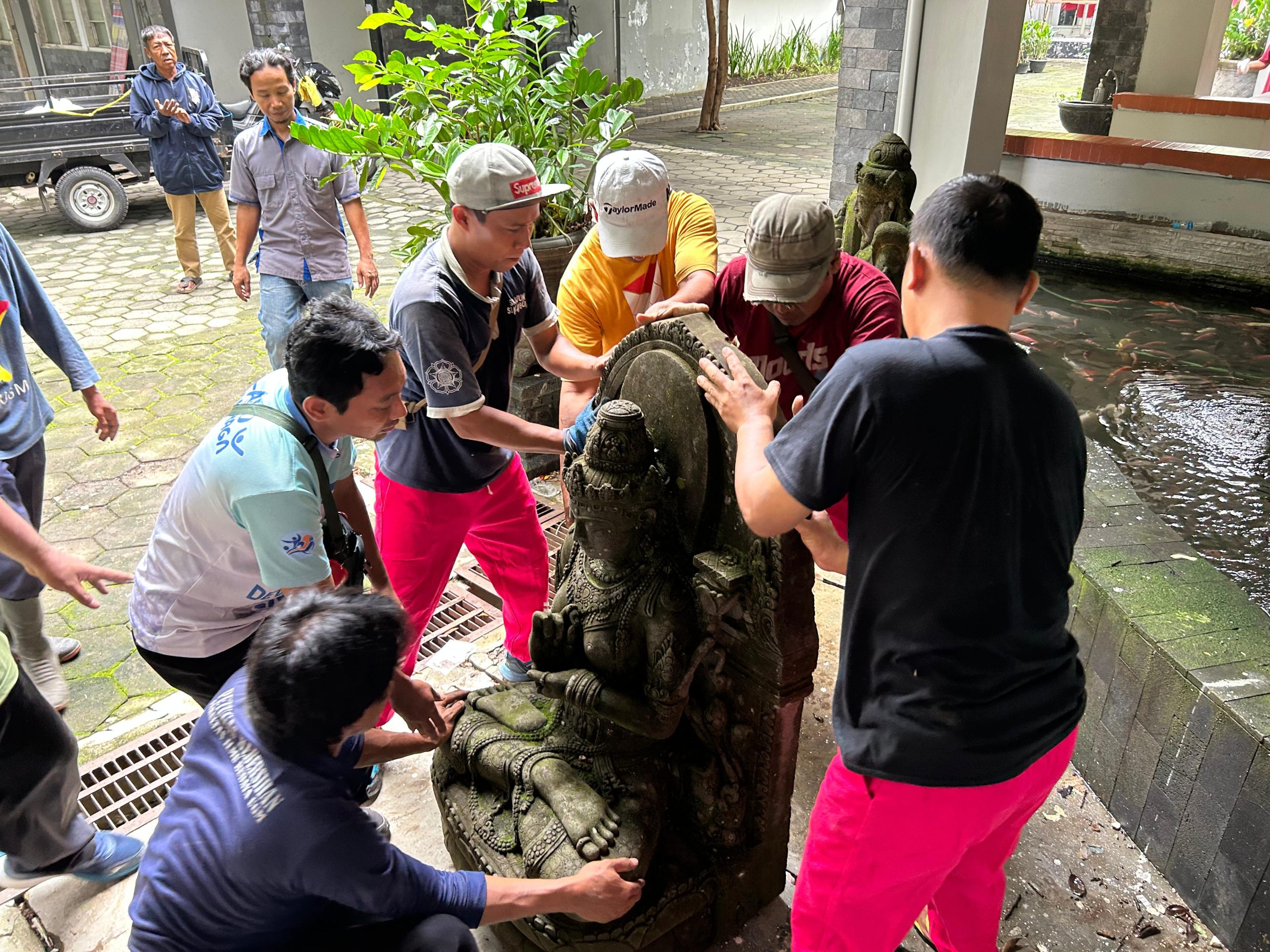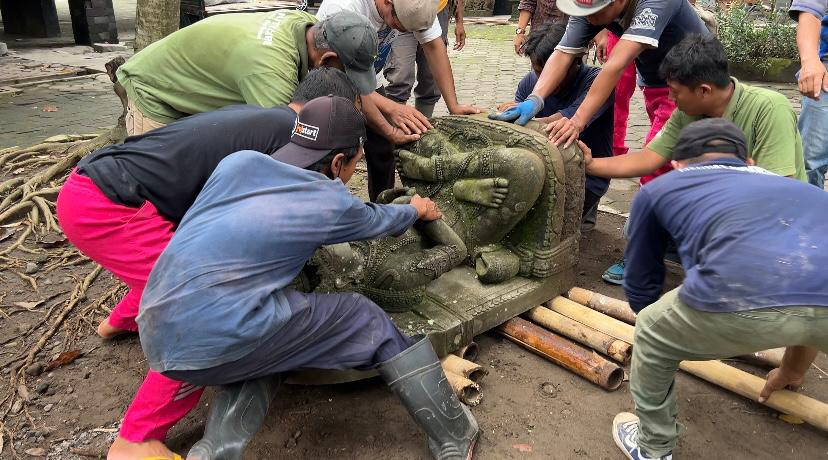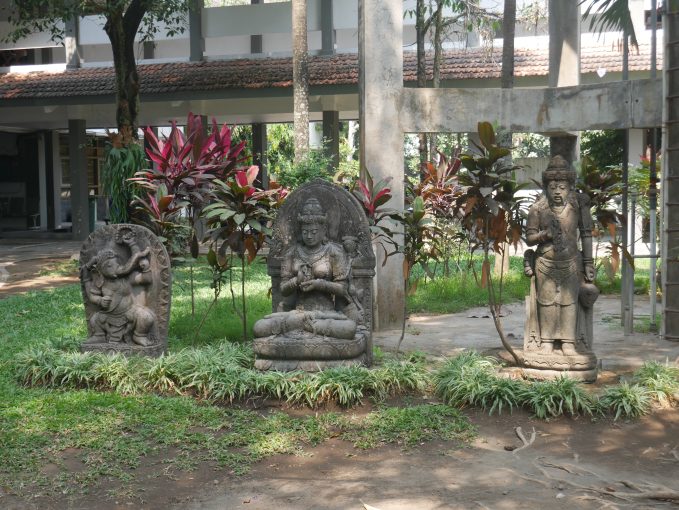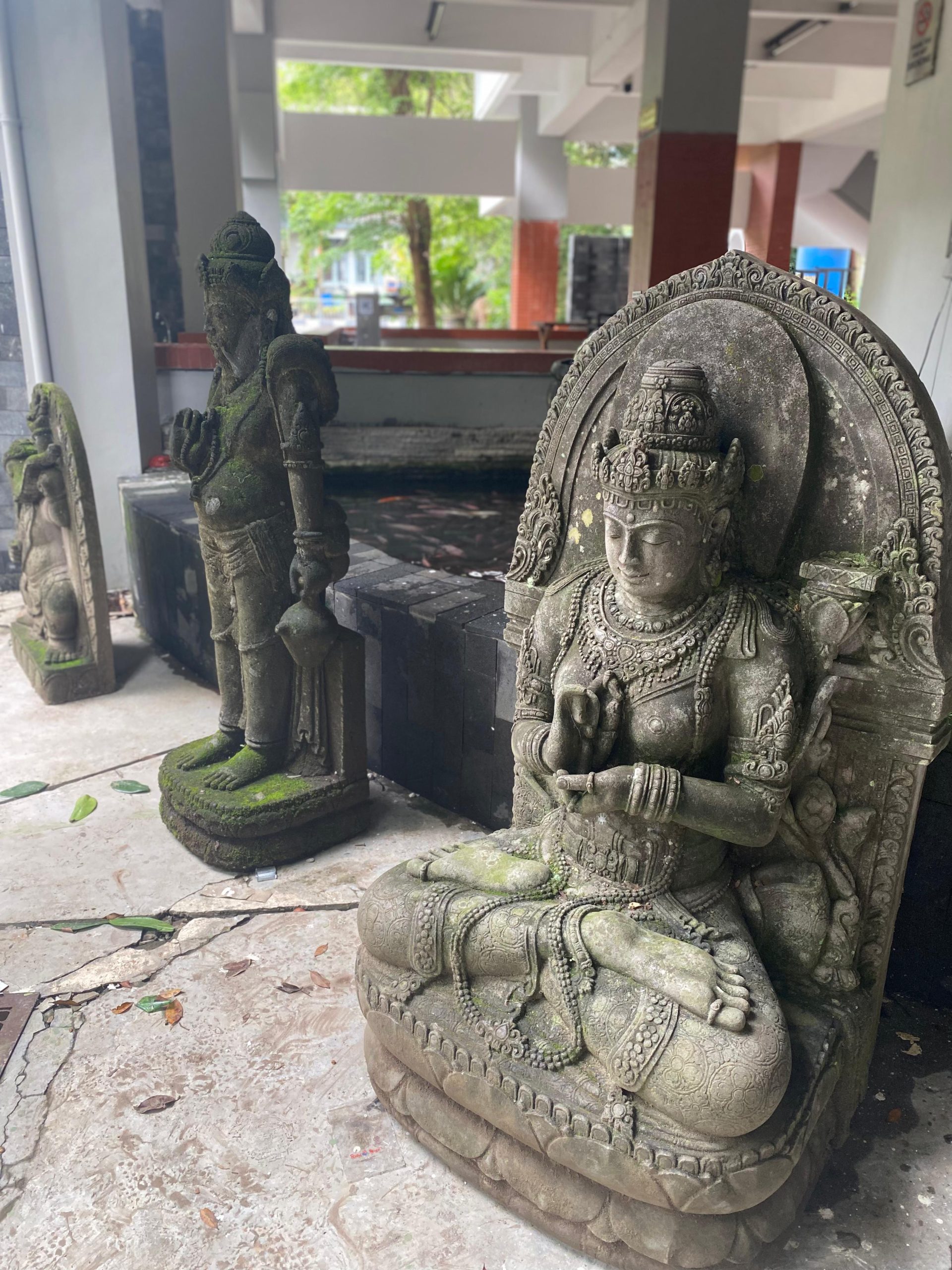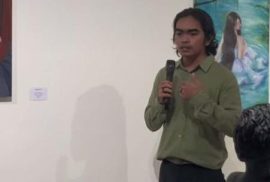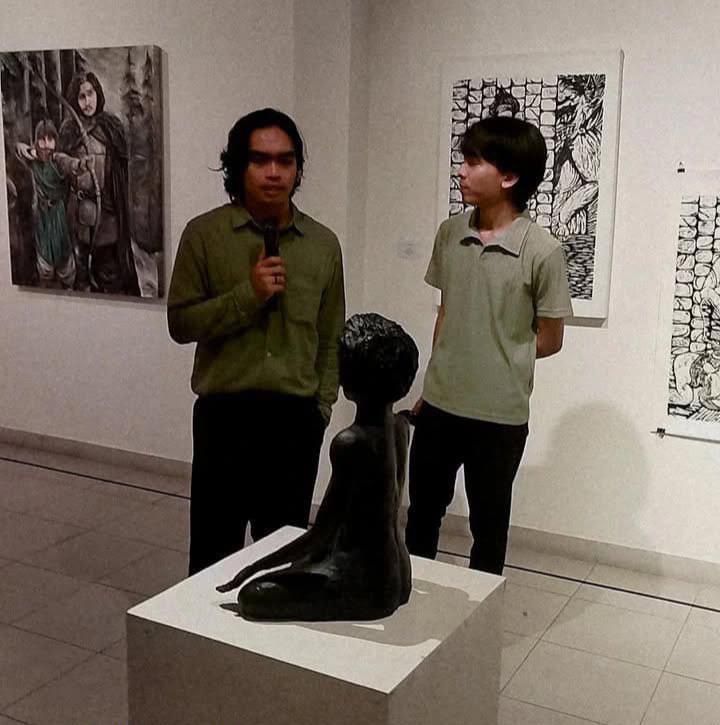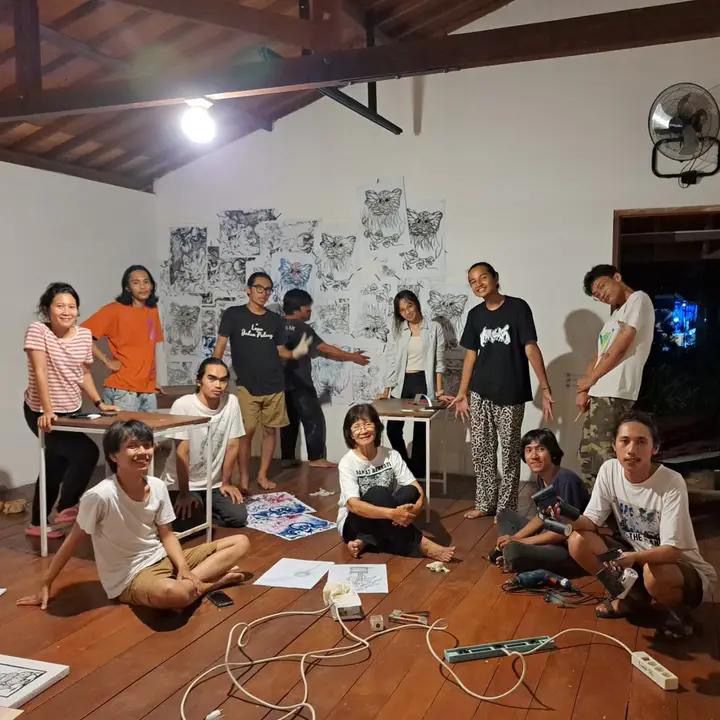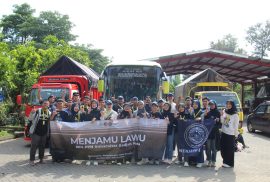Melbourne, 15-17 December 2024 – Lecturers from the UGM Korean Language and Culture study programme once again took part in one of the international conferences related to Korean Studies. This time Alfiana Amrin Rosyadi participated as a presenter from Indonesia in ‘The 4th Biennial International Conference and Annual Teacher Workshop’ organised by the Australian Association of Teachers of Korean (AUATK) held in Melbourne from 15 to 17 December 2024. This annual event attracts Korean language researchers and educators from around the world, providing a platform for sharing knowledge and best practices in Korean language education.
In 2024, AUATK’s theme is ‘The Use of AI in Korean Language Teaching,’ a topic relevant to technological developments in education. The integration of artificial intelligence into language teaching is a significant step towards improving access to education. By utilising AI technology, educators can create a more inclusive learning environment that meets a variety of learning needs.
During the three-day event, the conference featured various academic activities, including a workshop from the Korean National Language Institute, paper presentations, and an AI Prompt Engineering Workshop. The event provided a platform for academics and educators to discuss and share insights regarding innovations in Korean language teaching methods. The conference can serve as an important platform to foster collaboration among educators and researchers in the field of Korean language education. By bringing together experts from different backgrounds, the event encourages the exchange of ideas and the development of new approaches in teaching Korean as a foreign language.
The following are our lecturers’ impressions of the conference:
‘Wonderful. I gained new experiences and networks. I think it is time for the UGM Korean Language and Culture programme to not only focus on Korean Studies in Korea but also around the world. It is possible that UGM researchers can collaborate with Korean language researchers from renowned universities in the world besides those in Korea.’ – Alfiana
The participation of UGM Korean Language and Culture Study Programme lecturers in this prestigious conference confirms the commitment to advancing the field of Korean language education. By sharing knowledge and experiences, educators can contribute to global discussions on best practices and innovative teaching methods. The conference is also in line with the Sustainable Development Goals (SDGs), particularly on Quality Education, as well as Innovation and Infrastructure.
[Public Relations of Korean Language and Culture, Sherina Azmi Ahmad translated by Public Relations of Faculty of Cultural Sciences, Bulan Churniati]

